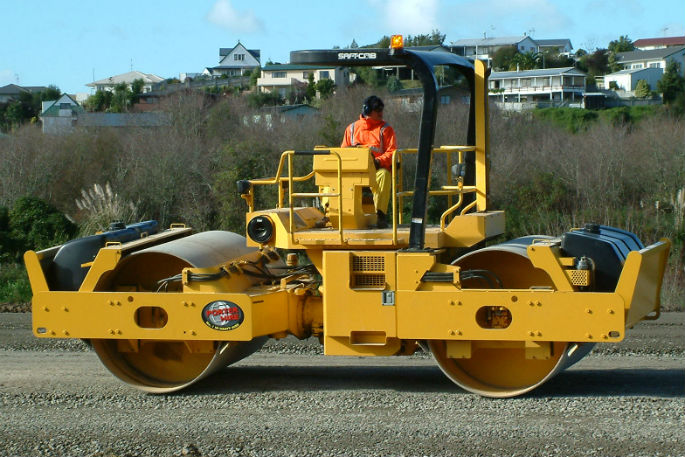Jobs in the Bay of Plenty's biggest employment sector have dipped 15 per cent on last year according to an analysis of Trade Me Jobs.
'There are signs the Bay of Plenty may be slowing down a little, with listings up only 9 per cent year-on-year,” says head of Trade Me Jobs, Jeremy Wade.
'That's still sensational growth, but the Bay of Plenty has been a star performer in the last couple of years so this is a bit of a dip for that region.
'While new listings for transport & logistics and construction have grown this quarter, the biggest sector in the region, trades & services, was down 15 per cent year-on-year.”
Every other region apart from the Bay of Plenty is outpacing the three main centres for the second quarter in a row. The Waikato is up 27 per cent year-on-year, and Otago is up 25 per cent.
New Zealand's employment market continues to be extremely strong, according to analysis of over 72,000 vacancies listed on Trade Me Jobs in the April-June second quarter of 2017.
Many sectors are seeing strong growth in wages, says Jeremy.
'We said last quarter that we expected to see employers dip into their pockets to try and attract staff and we're seeing signs of that in some sectors.”
While overall average pay was down one per cent, in sectors with huge demand for staff the wages have begun to shift markedly. For instance, the average wage in construction in Auckland has jumped 21 per cent in the last year.
New listings on Trade Me Jobs are up 12 per cent on this time last year, the fourth consecutive quarter of double-digit growth in new listings.
'The job market has experienced unbelievable growth over the last year, and we've seen listings up in every region across the country which is very rare,” says Jeremy.
'The percentage of applications per listing was down in every region in New Zealand compared to this time last year, except for Gisborne (up a minute 0.5 per cent) and the West Coast (up a solid 24 per cent).
'If you're thinking about making a move, now is a great time to do it. The dip in applications indicates that job seekers are being more selective and that it's harder for employers to find the people they need. In many sectors there is a huge range of roles to choose from but not everyone will feel like winners in the market. We're still seeing a chunk of people applying for roles but experiencing little joy in the job market.”
Sectors with the most demand for new staff are starting to offer more money.
'We're not seeing the wage growth we expected yet, but we're starting to see some green shoots in what has been a pretty barren landscape for Kiwi job hunters. The sectors needing people the most are starting to offer more.
'The 13 sectors with the highest growth in new listings have all had jumps in wages, with automotive roles (average pay up five per cent year-on-year) and construction (up eight per cent) leading the way.
'This trend should continue growing as employers try to entice the talent they want by offering more cash. We expect this to spill over into other sectors in the next couple of quarters.”
In the highest earning area stakes, Auckland City ($71,725) has beaten Wellington City ($66,853) for the second quarter in a row. Auckland and Wellington again saw solid listing growth, up 11 per cent and six per cent respectively.
'Auckland's increase is being driven by a huge jump in the average pay for construction roles in the Super City. This is up a massive 21 per cent year-on-year from approximately $82,000 to just under $99,000,” says Jeremy.
'The building boom has created massive competition for talent and some employers in Auckland are pushing wages up in a big way to get staff on board.”
Around the 26 sectors on Trade Me Jobs, 18 saw an increase in the number of new listings year-on-year with transport up 33 per cent, manufacturing up 32.5 percent, automotive 31 per cent and construction 26.5 per cent.
'Infrastructure work around the country is fuelling the growth in these sectors and manufacturing is being spurred on by big jumps in listings in Auckland and Canterbury,” says Jeremy.
Meanwhile, IT is down 22 per cent, executive and management down 12 per cent and marketing and communications is down nine per cent.



0 comments
Leave a Comment
You must be logged in to make a comment.